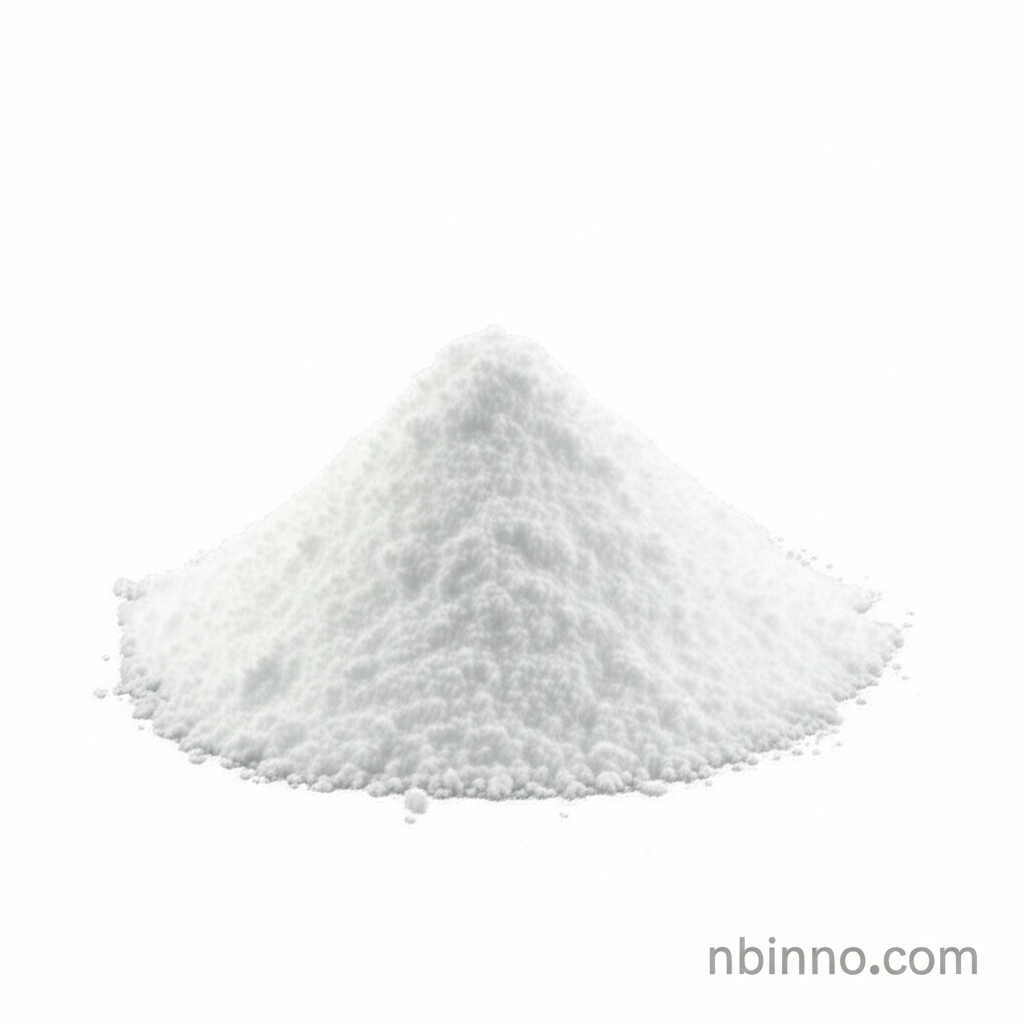Streptomycin Sulfate: A Comprehensive Guide to its Properties, Applications, and Quality Standards
Explore the essential antibiotic, its uses, and safety considerations for effective treatment and research.
Get a Quote & SampleProduct Core Value

Streptomycin Sulfate
Streptomycin Sulfate is a critical antibiotic primarily utilized to combat moderate to severe bacterial infections across various body parts. Its classification as an aminoglycoside antibiotic underscores its potent mechanism of action in inhibiting bacterial growth or directly killing bacteria, making it invaluable for treating conditions like tuberculosis. Understanding streptomycin sulfate uses is crucial for its effective application in human and veterinary medicine.
- Investigate the diverse streptomycin sulfate uses, ranging from treating tuberculosis to its controversial application as a pesticide and its role in cell culture.
- Delve into the streptomycin sulfate side effects, including potential impacts on hearing and balance, and the importance of informed medical supervision.
- Understand the intricate streptomycin sulfate mechanism of action, which targets bacterial protein synthesis via the 30S ribosomal subunit.
- Explore critical streptomycin sulfate drug interactions to ensure safe and effective therapeutic outcomes for patients.
Key Advantages and Considerations
Broad-Spectrum Efficacy
Leveraging its ability to combat both Gram-positive and Gram-negative bacteria, Streptomycin Sulfate serves as a vital tool in addressing a wide array of infections, offering a significant advantage in critical care scenarios, particularly when exploring streptomycin sulfate for tuberculosis.
Historical Significance and Discovery
The discovery of Streptomycin Sulfate marked a significant milestone in medical history, offering the first antibiotic cure for tuberculosis. Learning about streptomycin sulfate manufacturers provides insight into the global supply chain for this essential medication.
Quality and Purity Assurance
Ensuring high purity levels, often exceeding 99%, is paramount for the efficacy and safety of Streptomycin Sulfate. The adherence to stringent streptomycin sulfate quality standards, such as GMP and USP certifications, is critical for its use as a pharmaceutical intermediate.
Key Applications
Medical Treatment
Primarily used to treat bacterial infections like tuberculosis, endocarditis, plague, and tularemia, demonstrating its critical role in human health. You can buy streptomycin sulfate for these vital applications.
Veterinary Use
Acts as a first-line antibiotic for gram-negative bacteria in livestock, ensuring animal health and productivity.
Agricultural Applications
While controversial due to resistance concerns, it has been used to combat bacterial diseases in crops, such as fireblight. Research on streptomycin sulfate pesticide use highlights the need for careful management.
Biotechnology
Essential in cell culture media to prevent bacterial contamination and utilized in protein purification processes.
